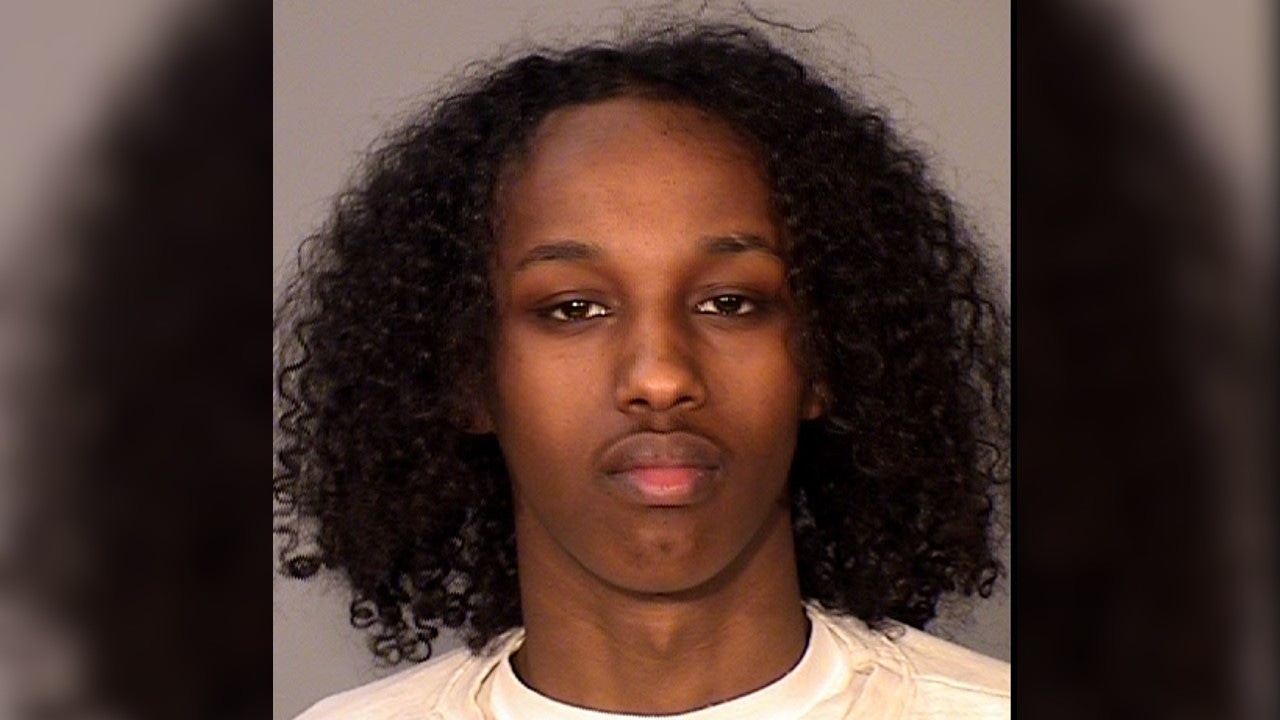Second person charged for role in Otis Elder’s murder sentenced to prison

Feysal Jama Ali Booking Photo (Ramsey County Sheriff's Office)
A young man has been sentenced for his role in the death of a St. Paul man in 2022.
According to court records, 18-year-old Feysal Jama Ali was sentenced Wednesday morning to four years at the St. Cloud prison for one count of aiding an offender after the fact. Judge Adam Yang allowed Ali to receive 736 days —or just over two years — of credit for time already spent behind bars.
In December, Ali took a plea deal, agreeing to plead guilty to the charge in exchange for the dismissal of four other charges being dismissed.
While the initial criminal complaint filed against him in adult court showed two charges of second-degree murder, the complaint was amended to show charges of first and second-degree murder, manslaughter, aggravated robbery and assault. However, the complaint was amended a second time, the day before his sentencing, to show charges of two counts of second-degree murder, one count of first-degree manslaughter, first-degree assault and aiding an offender.
Ali, who was 16 at the time 38-year-old Otis Elder was fatally shot in the area of Prior Avenue North and Oakley Avenue in January of 2022, was certified to stand trial as an adult in September of that same year.
RELATED: 16-year-old charged with murder in Otis Elder’s death
According to a criminal complaint, cellphone data for Ali’s phone showed he was near the scene of Elder’s death when he was shot and also was near the Bolero Flats when surveillance video showed the suspect vehicle returning to the apartment. DNA found on a jacket worn by one of the suspects shown in the surveillance video also matched Ali.
Another person, Mekhi Speed, was charged and pleaded guilty to second-degree murder in 2022 and was sentenced that year to spend 16 years in prison. Speed was 17 at the time of the shooting.
The case drew intense attention when Minneapolis police served a no-knock warrant at an apartment at the Bolero Flats on Feb. 2. During the raid, Speed’s cousin, Amir Locke, was shot and killed by police. That shooting led to calls to ban no-knock warrants, with advocates saying Locke had no warning or opportunity to comply. Unsealed warrants showed that Locke was not named in the search warrant.
KSTP’s complete Otis Elder coverage
KSTP’s complete Amir Locke coverage